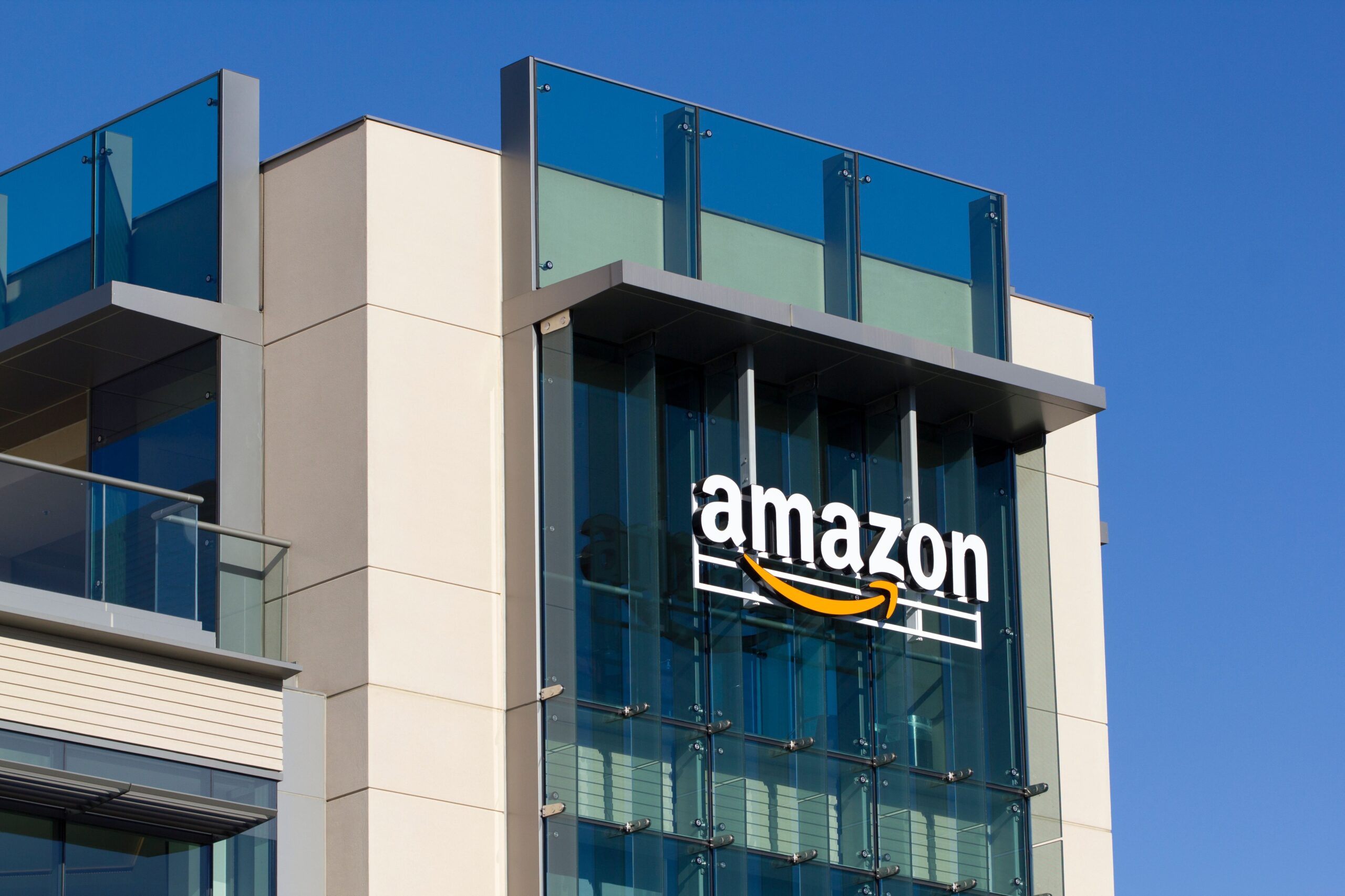
The Federal Trade Commission sued Amazon on Wednesday, accusing the e-commerce behemoth of luring unwitting customers into subscriptions for Amazon Prime membership, and creating a “labyrinthine” process to cancel it.
The company “knowingly duped millions of consumers into unknowingly enrolling in its Amazon Prime service,” the FTC said in its complaint filed in federal court in Washington state.
“Specifically, Amazon used manipulative, coercive, or deceptive user-interface designs known as ‘dark patterns’ to trick consumers into enrolling in automatically renewing Prime subscriptions,” the agency alleged.
“Amazon tricked and trapped people into recurring subscriptions without their consent, not only frustrating users but also costing them significant money,” FTC’s chair Lina Khan said in a statement.
Representatives for Amazon did not immediately respond to Insider’s emailed request for comment on Wednesday morning.
The FTC disclosed that the investigation for the lawsuit was in part inspired by Insider’s story from last year that uncovered many of the allegations in Wednesday’s filings.
Amazon’s Prime membership program, best known for free delivery and streaming video content, has enjoyed unprecedented growth to become one of the most popular subscription programs in the world, with more than 200 million members globally.
Former chief executive officer Jeff Bezos and other top Amazon executives believe Prime represents the best of the company’s mission of putting the customer first. The membership program offers fast delivery and a bevy of other perks at what Amazon perceives to be a bargain price of $139 a year — or $14.99 per month — in the US.
Prime has also been a key part of the online retailer’s growth. Prime members tend to buy more and shop more frequently at Amazon, driving higher sales and a more loyal customer base for the retail giant.
By Sindhu Sundar
Learn more:
Amazon to Overtake Walmart in Beauty
From books to cloud computing, Amazon Inc. has gone on to dominate many segments over the years. Now Morgan Stanley projects that the e-commerce giant will become the biggest player in another space: beauty.



